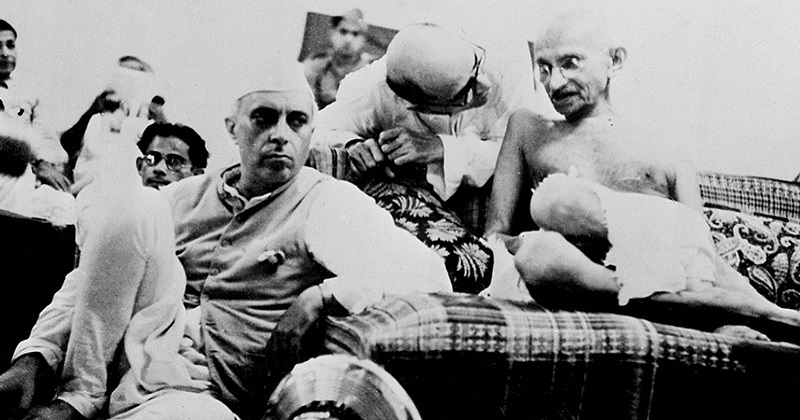
The Quit India movement or the Revolt of 1942 or ‘August Revolution’ of 1942 was the most popular and powerful mass movement in the series of agitations led by Gandhi in the course of freedom struggle.
By the time this mass movement was planned, the Second World War was going on, the shadows of the Japanese invasion on India were making the sky dark and cloudy.
In the working committee meeting held at Wardha on 14 July, 1942 the Congress first accepted the idea of a struggle. The All India Congress Committee that met in Bombay in August ratified this decision to go in for struggle. In his speech Gandhi made it very clear “I am not going to be satisfied with anything short of complete freedom. May be, he (the Viceroy) will propose the abolition of salt tax, the drink evil. But I will say nothing less than freedom”. Gandhi then followed up with the now-famous exhortation Do or Die. “Here is a Mantra, a short one that I give you. You may imprint it on your hearts and let every breath of yours give expression to it. The mantra is Do or Die. We shall either free India or die in the attempt; we shall not live to see the perpetuation of slavery”.
Gandhi also gave a call to all sections of the people, the princes, the Jagirdars, the Zamindars, the propertied and moneyed classes, who derive their wealth and property from the workers in the fields and factories and elsewhere, to whom eventually power and authority belong. In the view of Sumit Sarkar, the above statement of Gandhi indicates his social radicalism and shift in the philosophy of the Congress, by now people with the goals of socialism and communism have become a part of the broad-based Congress organization; On the other hand, the British too were equally determined to crush any movement of the Congress.
The two sides were ready to act and even before the formal launching of the movement, the government in a single sweep arrested all the top leaders of the Congress in the early hours of August 9, 1942. This led to spontaneous outburst of mass anger against the arrest of leaders. There was mass upsurge all over the country for six or seven weeks after the unexpected event of August 9, 1942.
One more feature to be noticed in this connection was the refusal of Gandhi to condemn the violence of the masses and held the government responsible for this violence. All over the country people responded positively and actively towards the fast of Gandhi. Gandhi was released on 6 May 1944 on medical grounds.

Post Your Comments